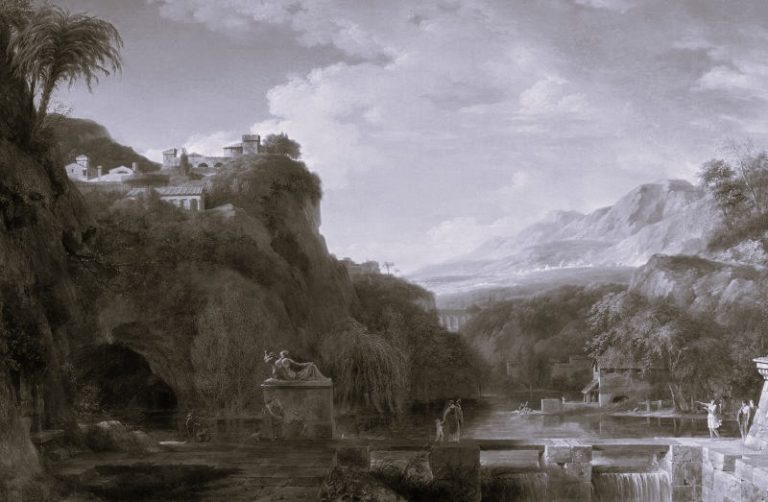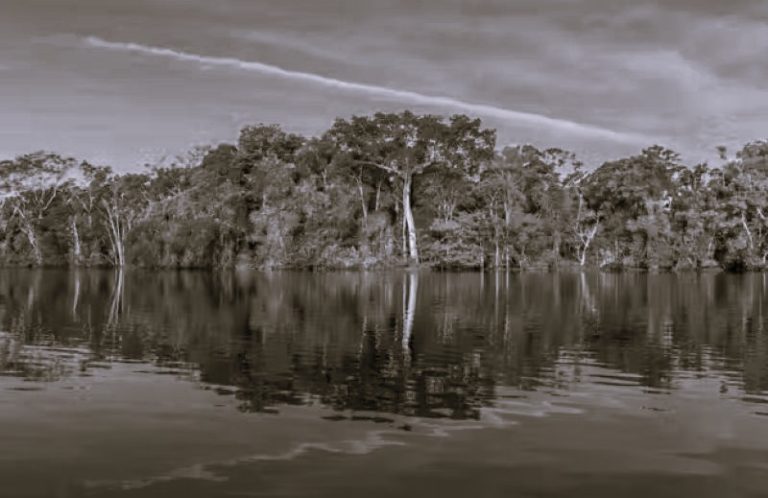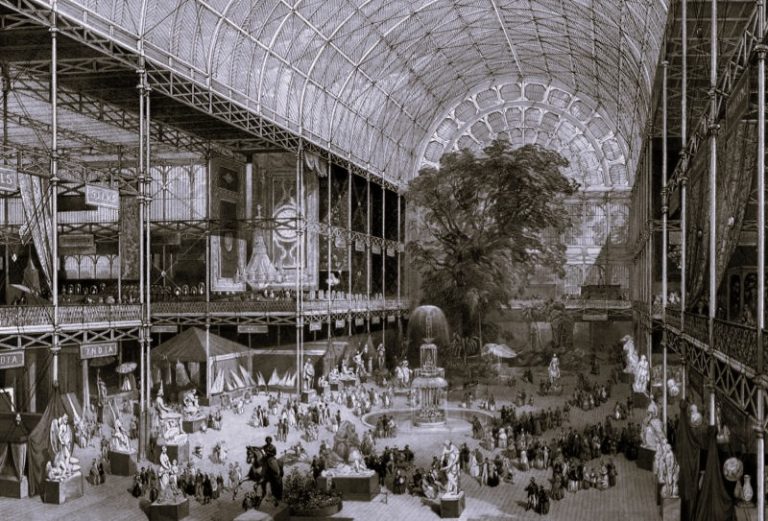

By Caleb Brown
Social Conscience
Overview

Coffee is the second-most traded commodity in the world after oil. Just as consumers of energy need to be conscious of the sources of their energy in the face of increasing climate change, consumers of coffee must also be conscious of the origins the beans that make their beverage. Social travesties ranging from poverty to child labor to violence fill the supply chains of many internationally-traded goods, including not just coffee but also cocoa, spices, other food crops, textiles, and diamonds and other precious stones and metals.
A Complex and Unfair Global Market
The global coffee market is incredibly complicated. Coffee is exceptionally difficult to grow because the coffee shrub takes many years to mature, and when it’s time to harvest the ripe coffee cherries, they must be individually picked by hand. Historically, crops were produced by small farmers and bought and sold through a series of middlemen before finally reaching the export market. This led to a huge disparity between the price paid to the farmer and the price paid by the final consumer. This system was especially problematic because many of the farmers were left in debt, while the traders and drinkers of their coffee lived privileged lives. In addition to small farms, coffee is also grown on large plantations with teams of dozens or hundreds of workers. Paid the equivalent of sweatshop wages, many plantation workers even bring children along to help with the harvest while working under terrible conditions at low pay.
A Hope for Change
Those systems obviously aren’t fair, but luckily a movement towards fairly-traded coffee began in the 1950’s. The aim was to eliminate middlemen and buy directly from producers, as well as to ensure decent wages and working conditions, while also assisting with social development in the producing regions. The problem is far from solved, but it’s getting better.
Fair Trade and Direct Trade
There are two types of solutions to the problem: fair trade and direct trade. A number of different organizations around the world offer certifications for fairly-traded coffee, including Fair Trade USA and the Fair Trade Federation. The certification from another organization, the Rainforest Alliance, carries an assurance of the product being not only fairly-traded but also sustainably grown. Some of the best specialty coffees are obtained through what is known as direct trade, where a small farmer sells directly at a fair price (but not always with certification) to an importer/exporter. This somewhat under-the-radar system has allowed micro-lots of some of the best specialty coffees. For example, we had the privilege of enjoying some excellent coffee produced on Eulogio Luque Yana’s farm Cima del Jaguar in Bolivia, a farm that won 21st place in the 2008 Bolivia Cup of Excellence Competition!
Bringing It All Back Home
One last, and seldom-considered, aspect is the final price to the consumer. Economic hardship is a problem not just abroad but also domestically. It’s important to provide quality locally-produced products at an affordable price.
Ecological Conscience
Overview

We are all a part of the wonderfully complex and mysterious system of the Earth, and it is important for us both on an individual and a societal level to ensure that our lifestyles are working in harmony with those systems.
Sustainably-Farmed Beans
I’m very careful to source only beans that are grown with love for both the workers and the environment. Almost all of the selections carry some kind of organic certification, but not always. In certain regions, like India and Papua New Guinea, most coffee is organically-grown but very little of those coffees actually get the official certification. Also, some of the selections are directly-traded micro lots from small farms that never paid for certification despite using organic methods. This is similar to the local farmers’ market, where most produce is organically grown even if it’s not officially certified. Coffee should be grown in good, healthy soil and without chemical pesticides or fertilizers.
The Power of a Coffee Purchase
Many of my beans are pooled crops from groups of small farmers working together in fair-trade co-ops. A nice perk of buying co-op coffees is that the co-ops have programs that take a portion of the profits to give back to the local area in various ways. Often, this is manifested in social improvement programs, but environmental projects are also key. Some co-ops, for example, work on reforestation in areas where rainforest has been cut down. Other co-ops work together to construct sustainable water infrastructure, educate each other about organic farming practices, and more.
Water Process Decaf
Have you ever worried about chemicals used to create decaffeinated coffee? Worry no more. There are a couple different methods of decaffeination, some of which involve chemical solvents like benzene, dichloromethane, or ethyl acetate. However, there is an alternative known as the Swiss water process or mountain water process. In this method, the unroasted coffee is basically brewed into a strong tea, removing all the flavors and caffeine from the beans. This extract tea is then filtered and separated into layers, and the caffeine layer is removed. Finally, the beans are again immersed in the now caffeine-free extract solution, returning the flavors without the caffeine.
Cultural Conscience
Overview

It is everyone’s responsibility to give what they can to contribute to the growth and betterment of our society, and Caleb’s Coffee takes this responsibility seriously by actively working to build culture on both a local and global level. Culture can be promoted through business in many ways, such as education, freedom of information, and philanthropy.
Education
Before accepting the calling to coffee, I spent many years as a student and professional educator. For the single-origin coffees, the label includes an interesting story about the particular farm or co-op that grew the coffee. The web site also includes a section to help you learn about coffee, and I frequently post links to interesting stories on social media like Facebook and Twitter. I always love talking to people about coffee, too!
My favorite way to spread knowledge is with the Coffee Facts: a random piece of information about topics ranging through history, science, brewing techniques, and more. I started doing this because there are so many things I want to tell people about coffee, but I can’t sit and talk with everyone. Whenever I think of something that I want people to know, I write it in a Coffee Fact, and stick it on your bag of coffee. Each fact is numbered, so you can collect them all!
I also offer educational seminars in a variety of formats and on a variety of topics. I can discuss the history and cultural importance of coffee, advice about brewing coffee, chemistry of coffee, and more. These seminars can be tailored to a number of different circumstances, from one-on-one consulting with business partners to large group classes. Please contact me for information about scheduling an educational event.
Freedom of Information
We are entering a new era of information where it is not only impractical but also immoral to hoard information and charge money for it. Legal protection of media through copyright law makes perfect sense for artists whose income depends on their work. The same copyright protection is automatically applied to anything you create. There’s no reason for the educational media to be so tightly guarded.
My writing is produced under a Creative Commons Attribution-ShareAlike 4.0 License, which is also used by Wikipedia and other familiar organizations. This alternative to traditional copyright allows people to freely adapt and re-use materials, as long as they are both attributed to the original creator and also released under the same Attribution-ShareAlike license. Creative Commons licensing is advantageous for businesses because it allows business partners, the press, and others to freely use and adapt materials without having to ask specific permission or pay royalties while still requiring attribution of the source.
Releasing information under Creative Commons licensing, instead of retaining traditional default copyright, is important to ensure the free flow of information for the future betterment of humankind. Books and newspapers cost money to print and distribute and should cost money, but with the advent of the internet, data can be easily disseminated basically for free. Everyone’s life gets better when people understand the world more (that’s why we have schools) so why not make knowledge as freely available as possible?
Philanthropy
I understand the importance of giving back to the community. If you have a nonprofit event that could benefit from some good brews, I can bring a complete setup, including table, coffee pots, grinder, etc. and take care of everything for you! Please contact me for information about scheduling a nonprofit event, and read more about my coffee collaborations on the Philanthropy page.
Originally published by Caleb’s Coffee under a Creative Commons Attribution-ShareAlike 4.0 International license.







